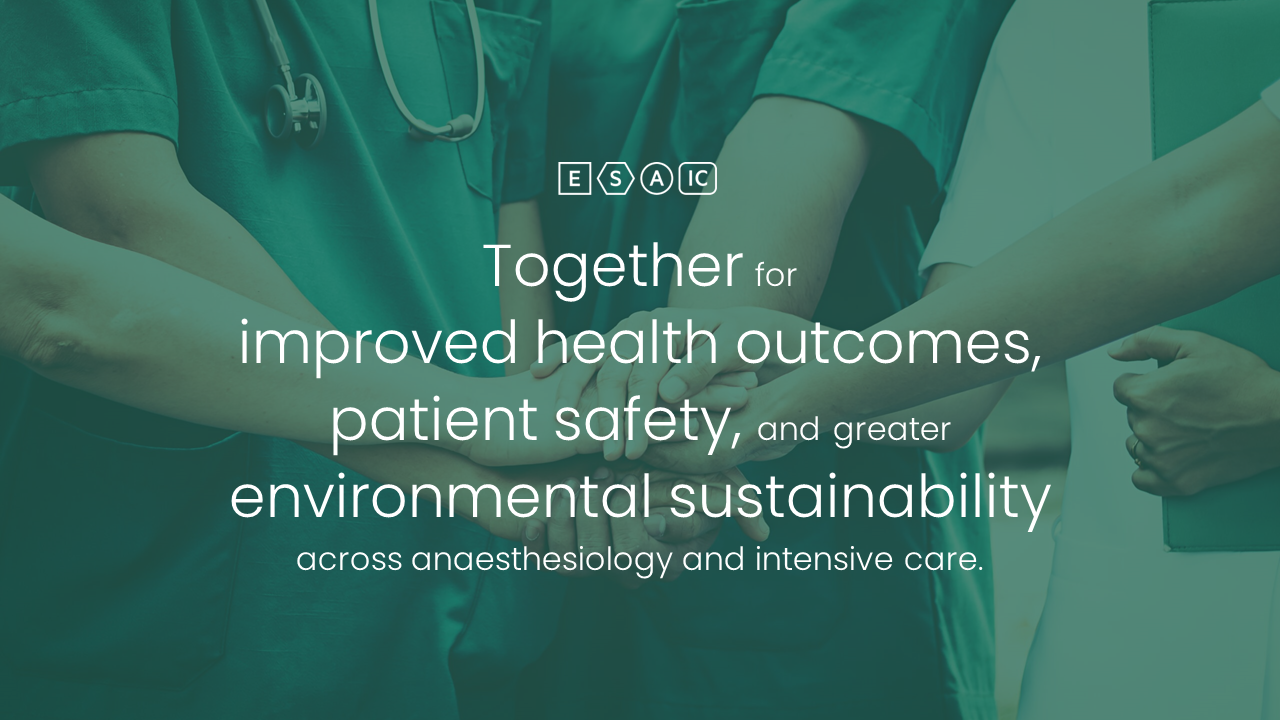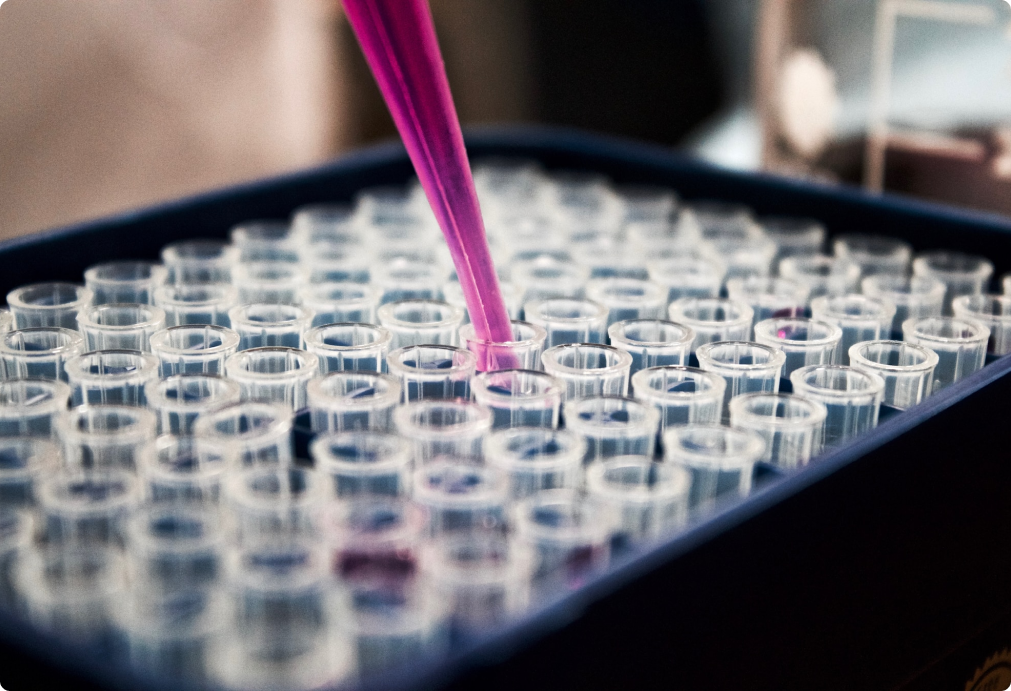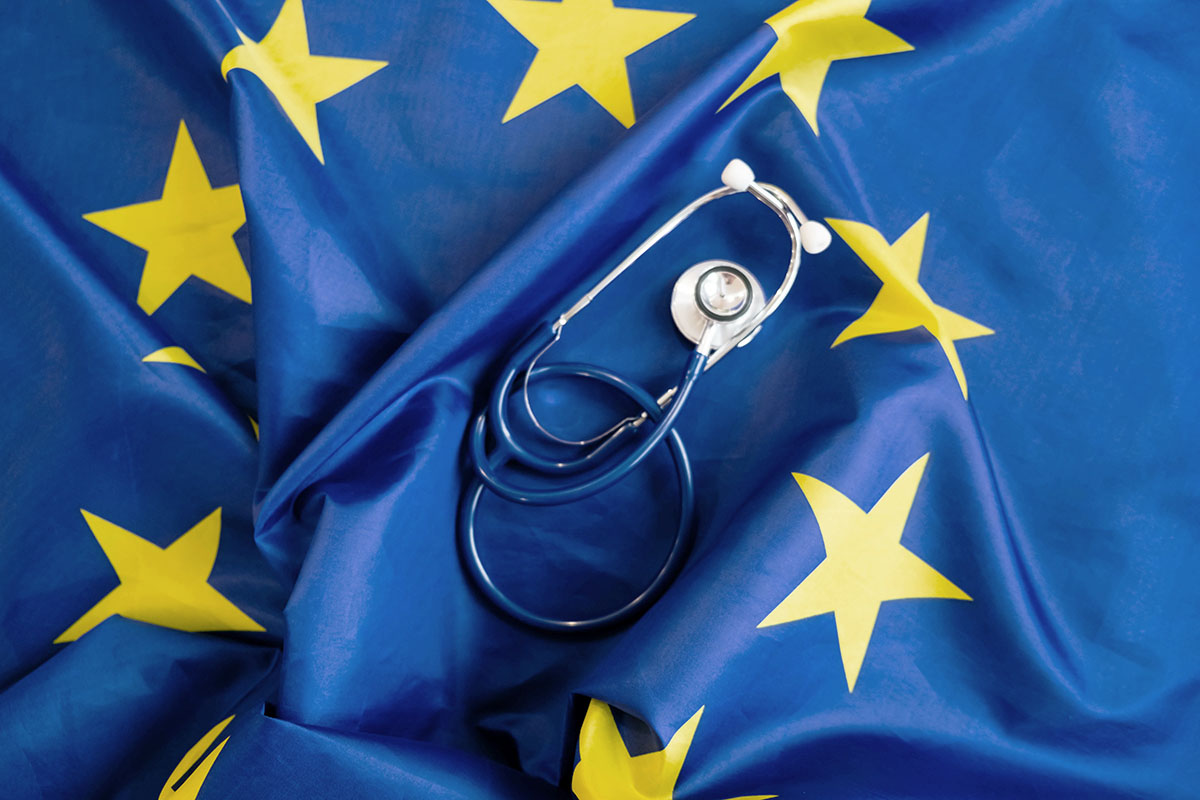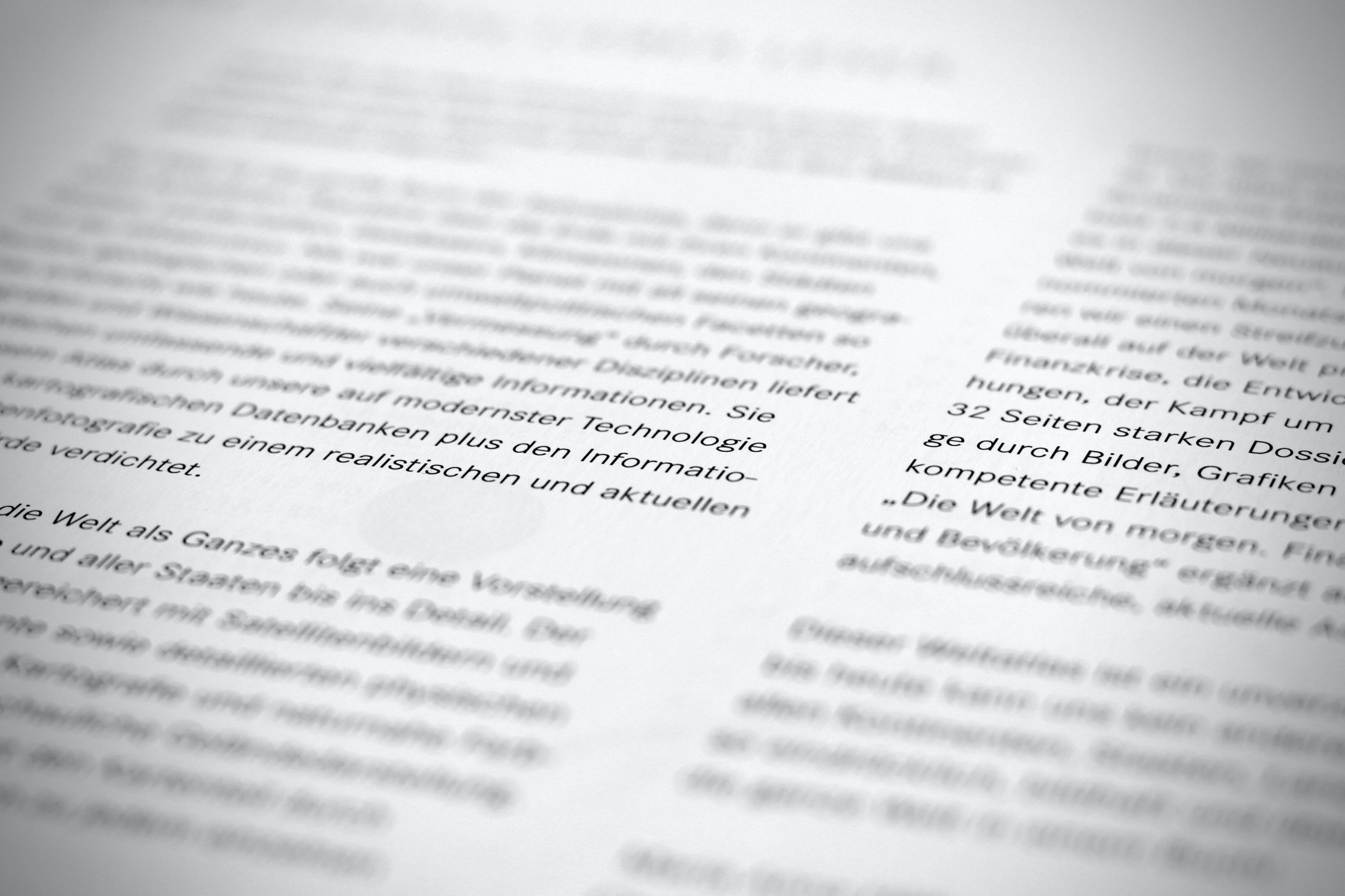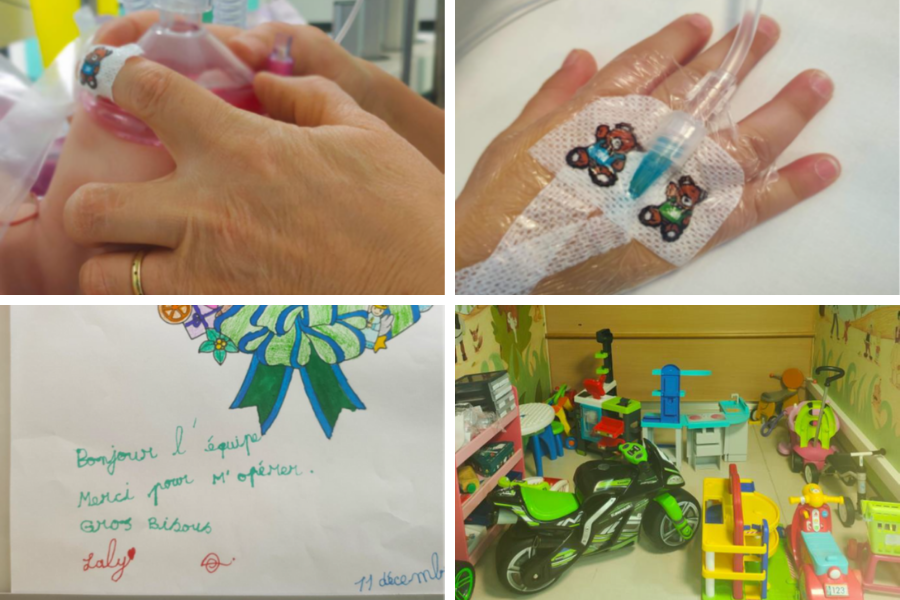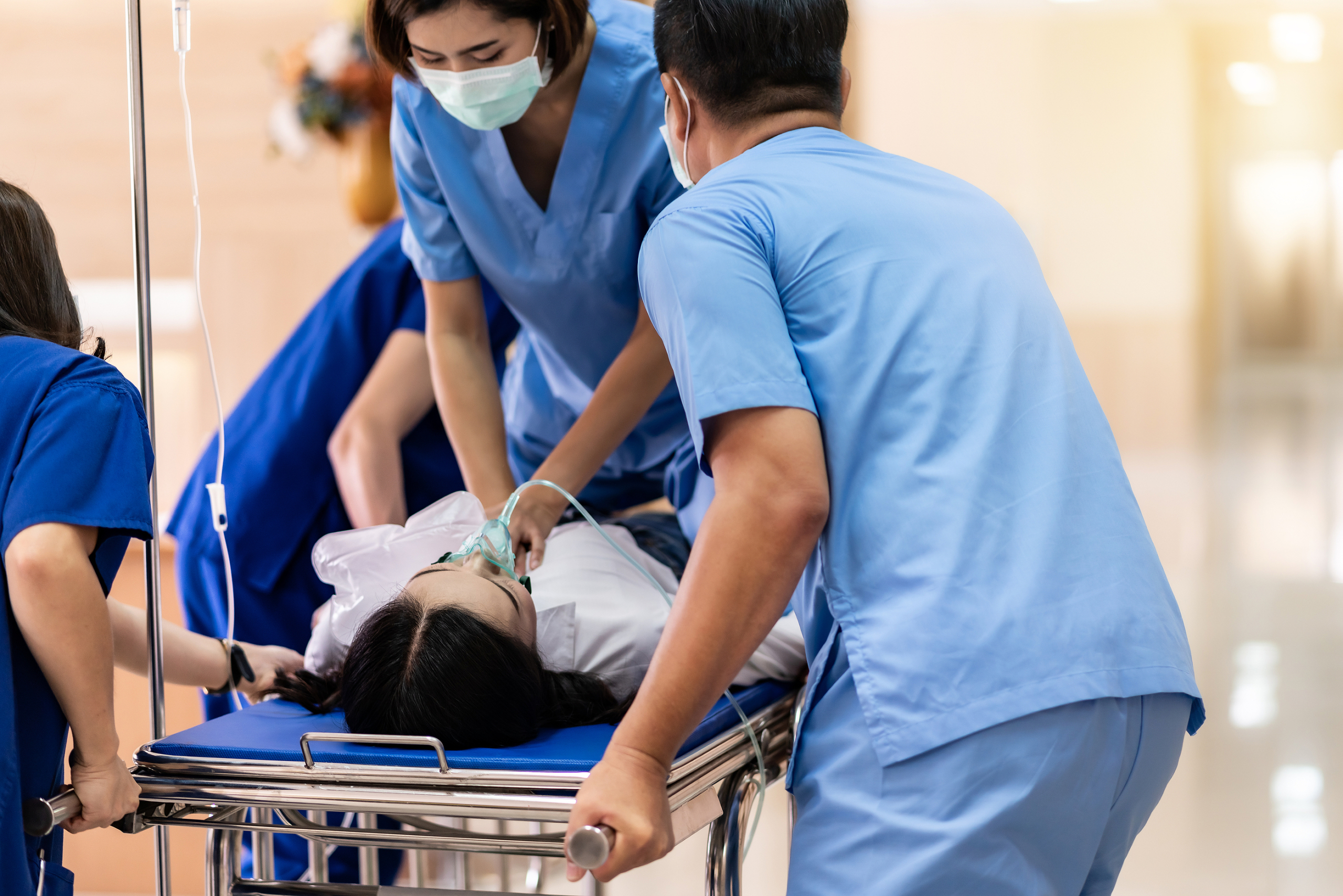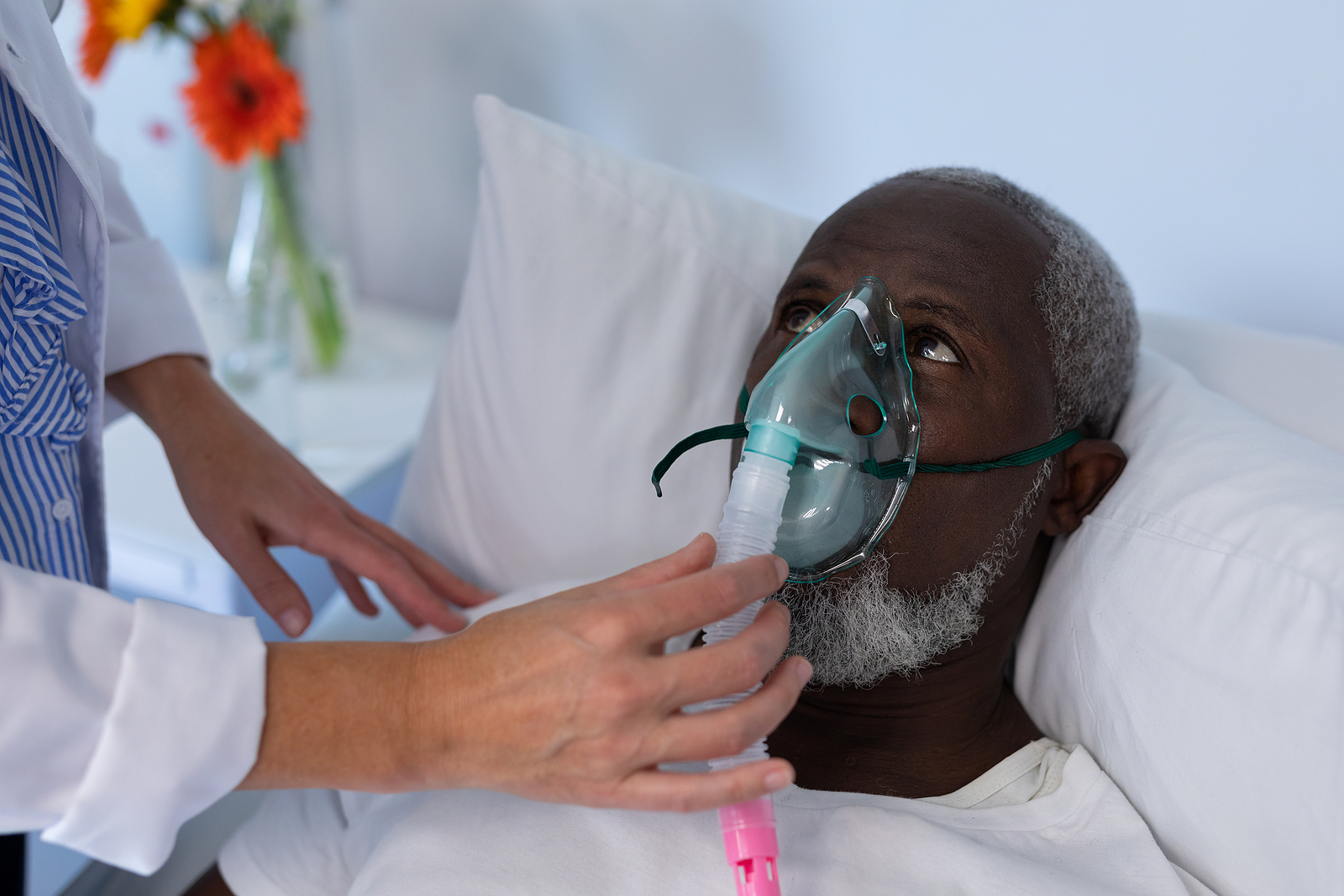Newsletter 2021
Newsletter March 2021: A TEP Report
Gabriela Goncalves
Centro Hospitalar do Porto, Portugal
As a native French speaker and having paediatric anaesthesia as one of my main areas of interest in the field of anaesthesiology, the option to perform the ESA Trainee Exchange Program (TEP) at the Hôpital Femme-Mère-Enfant (HFME), in Lyon, seemed an obvious choice. It combined the possibility of returning to my origins in a professional context, with the opportunity of high-quality specialised training at a reference centre.
The HFME is an entirely dedicated hospital to the couple, mother and child, and constitutes the only permanent centre for paediatric emergencies in Lyon’s region (82,000 visits per year). Additionally, it stands out as a reference centre in multiple expertise areas (sexual development diseases, hereditary metabolic diseases, developmental anomalies, rare kidney and respiratory diseases). Consequently, there is a high level of anaesthetic experience due to the pathophysiological diversity and complexity of the paediatric population handled.
In my opinion, although paediatric anaesthesia represents an area of expertise, its occasional practice (advised against by the findings of the National Confidential Inquiry into Perioperative Death) requires the cross-mastery of basic concepts. Since complications in paediatric anaesthesia are directly related to the (in)experience of the anaesthesiologist in charge, the internship’s mainstay was to instil enough confidence in my paediatric anaesthetic approach, regardless of my future area of differentiation, so that the lack of daily contact would not compromise the patient’s outcome.
The achievement of my goal motivated my application to the TEP, in order to gain additional knowledge in areas lacking at my institution, such as:
- the scarce practice of paediatric regional anaesthesia;
- the absence of paediatric urgent care that makes contact with emergency paediatric surgery, trauma approach and its anaesthetic management, impossible;
- the reduced number of major surgeries;
- no cardiac and thoracic surgery.
All the topics mentioned above were successfully met and even exceeded, not only by improving deficient aspects of my training but also by introducing new concepts, such as medical hypnosis to alleviate the child’s anxieties. My internship at HFME fundamentally shaped my view on the paediatric patient’s perioperative approach, with particular emphasis on the “pre” moment, by reiterating the importance of non-technical
skills and age-appropriate communication for the proper conduct of paediatric anaesthesia and the urgent need to acknowledge the particularities inherent to the various stages of a child’s development, in order to individualise and adapt our daily practice.
I have no doubt that the TEP represented an opportunity for personal and professional growth, which I hope will translate into an improvement in the practice of paediatric anaesthesia in my institution, which our patients would benefit from.
Besides the scientific and pedagogical perspectives, the human component intrinsic to any experience and ultimately determining its success, was decisive for my integration, in a pandemic time characterised by fear, uncertainty and social isolation.
The empathy demonstrated by the professionals I worked with played a major role in my ability to overcome the emotional challenge of experiencing a second lockdown abroad and without any support network. I sincerely thank the department, but mostly the people responsible for its level of excellence, for the willingness with which they taught me and the warmth with which they received me.
Read More of our Monthly newsletter.
Read More of our special newsletter covering our virtual congress.
Visit our COVID-19 Resource Hub for other news and resources.
